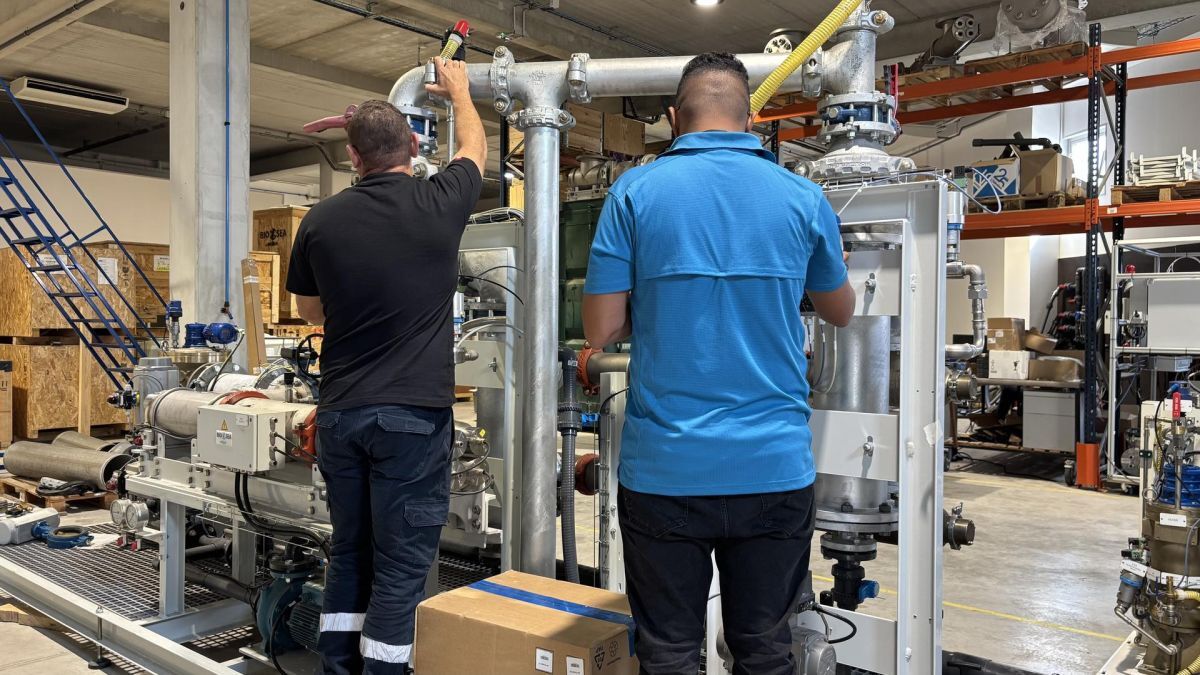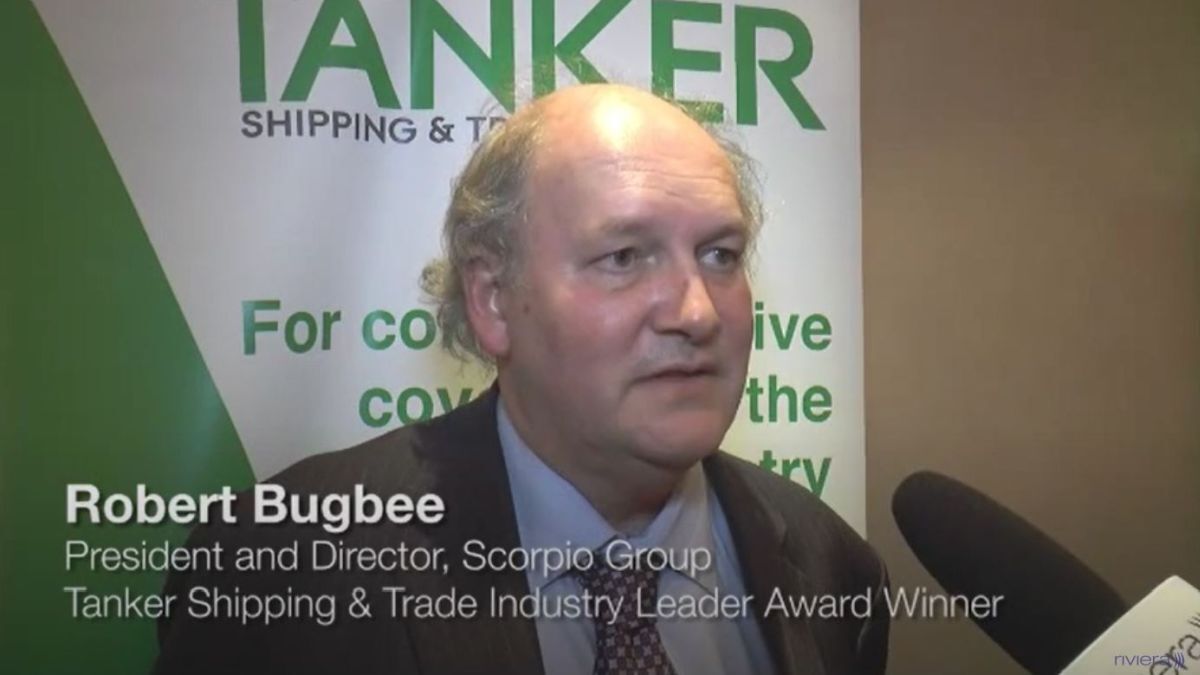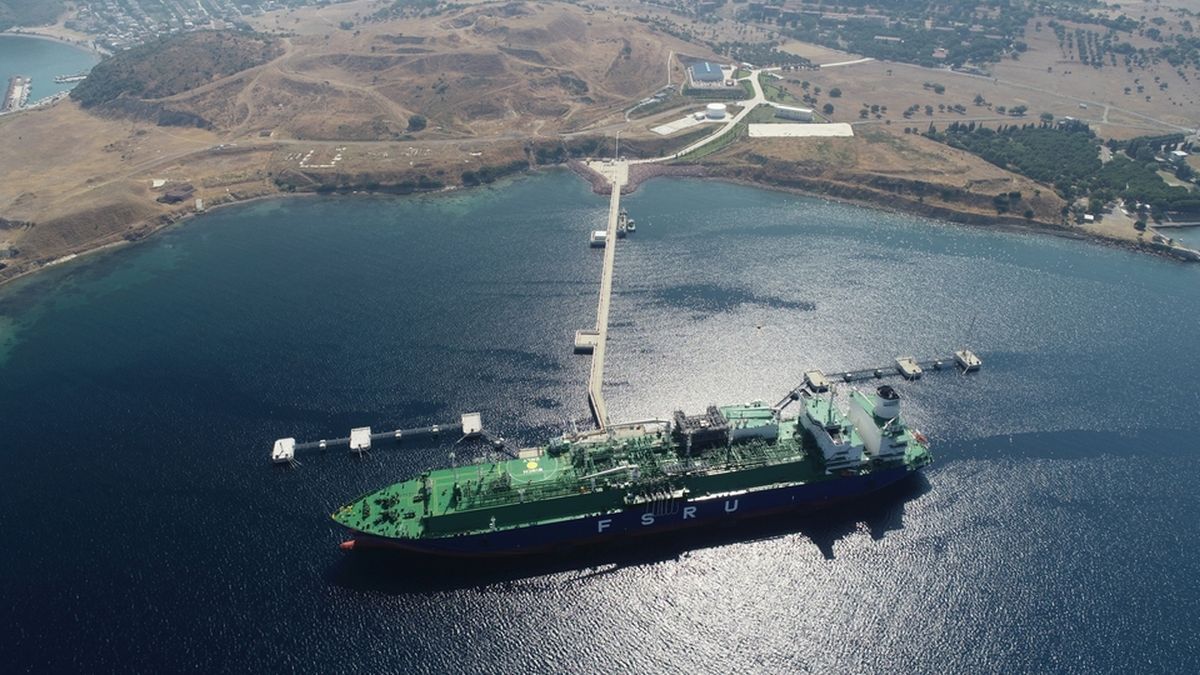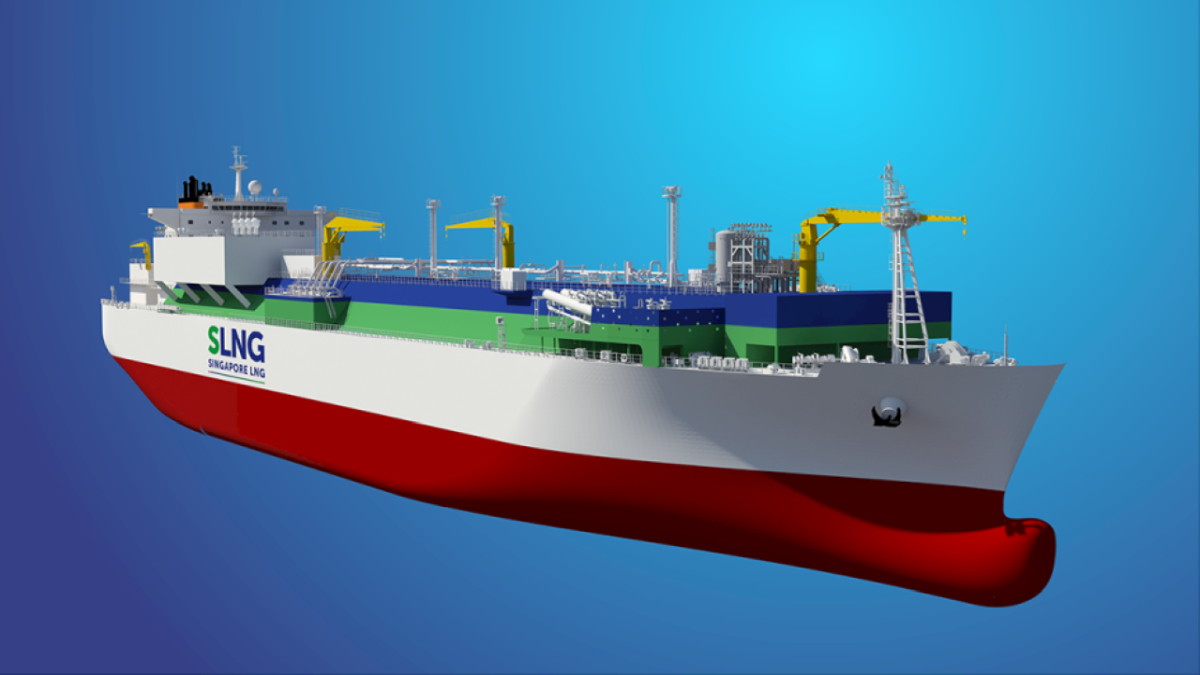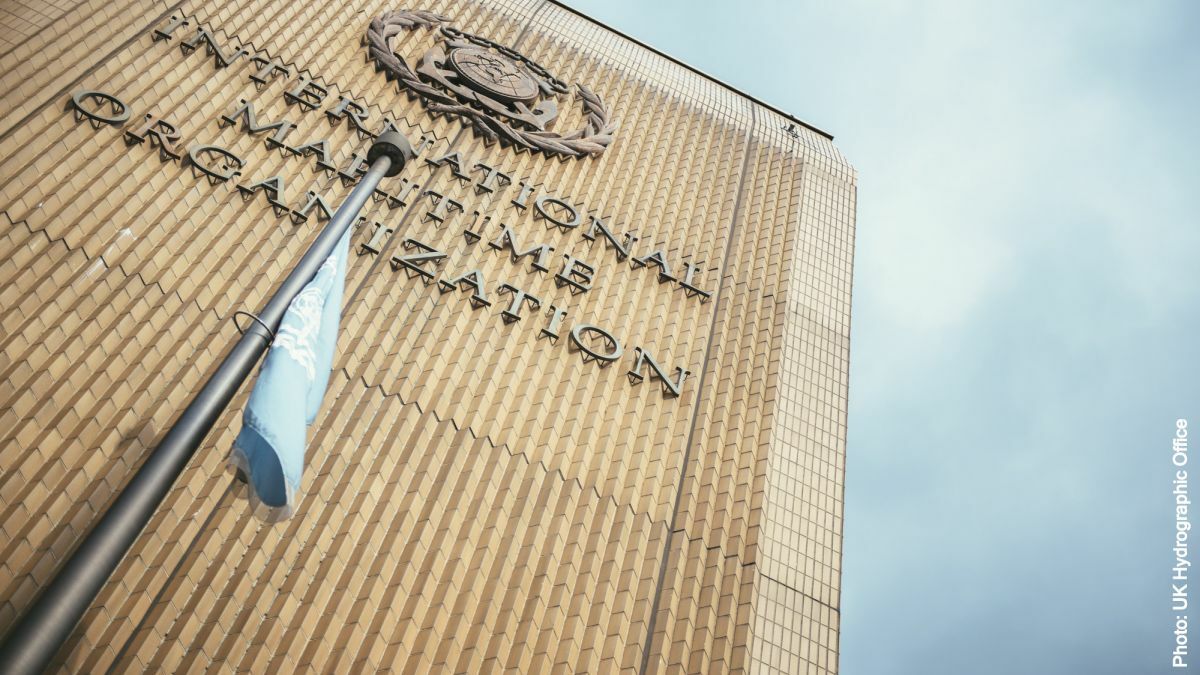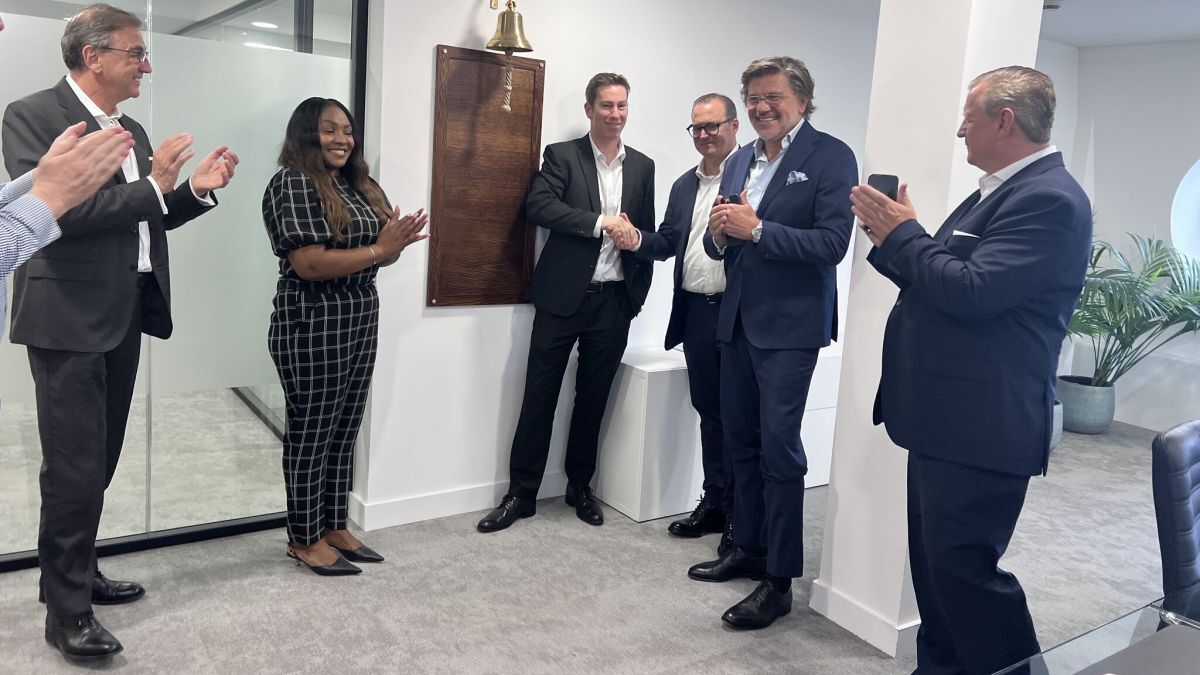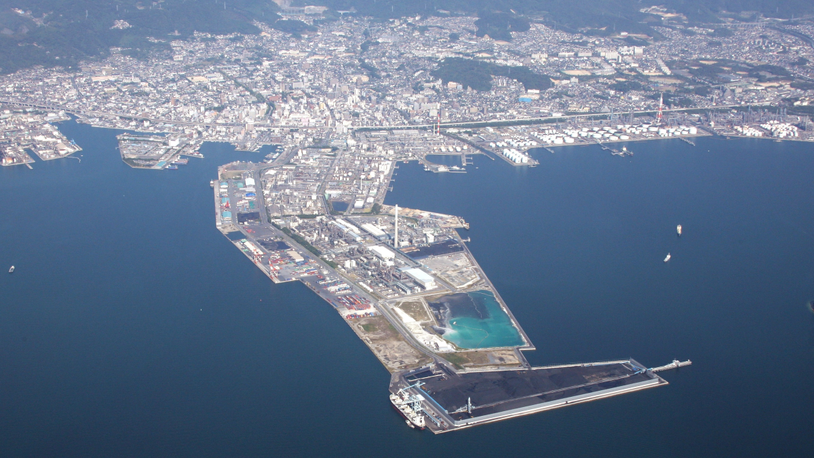Business Sectors
Events
Offshore Wind Webinar Week
Contents
Register to read more articles.
Training and support reduce BWMS compliance failures
BIO-UV Group introduces performance agreement to reduce D-2 compliance failures and improve crew competence
BIO-UV Group has launched a compliancy and performance agreement (C&P agreement) for shipowners operating BIO-SEA ballast water treatment systems, aimed at reducing the number of vessels failing to meet the D-2 standard due to operational or crew-related shortcomings.
The agreement is positioned as a response to increasing port state control scrutiny and the operational burden placed on crews. According to BIO-UV Group, more than 30% of vessels are failing D-2 compliance inspections despite having installed type-approved systems.
“Too many shipowners still see ballast water treatment systems as ‘install-and-forget’ solutions,” said BIO-UV Group service division head Jean Philippe Picard de Muller.
He noted the failure to carry out maintenance and properly train crews not only jeopardises regulatory compliance but also endangers marine ecosystems.
The C&P agreement comprises an annual onboard visit by BIO-UV Group technicians to inspect and calibrate key system components, including sensors and flow meters. It includes crew demonstrations and basic training, inventory verification and favourable pricing for spare parts and additional services.
“Routine checks are essential,” said Mr Picard de Muller. “Crews need to verify valves are in the correct position, and any condensation is drained.”
He added the agreement functions as a frontline measure against non-compliance. “Our compliancy and performance agreement is the first line of defence against compliance failure by ensuring ship operators receive the technical support and spare parts they need to keep their BIO-SEA systems performing efficiently, in top condition.”
System neglect, a lack of crew training, and inadequate record-keeping continue to be major causes of failure. IMO data shows 77% of shipowners report operational problems with their BWMS, often related to poor crew knowledge.
BIO-UV Group ballast water treatment project manager Charlène Ceresola said even a fully operational system may fail an inspection if the crew cannot demonstrate competence.
“Shipowners need to prioritise continuous training, covering not only system operation but also troubleshooting and emergency procedures,” she said.
Common operational errors observed during inspections include mixing treated and untreated ballast water, regrowth of organisms, and inconsistent system usage.
Administrative failures also contribute to compliance issues. Nearly 60% of ballast water-related deficiencies relate to record-keeping errors.
New IMO guidelines (BWM.2/Circ.80/Rev.1), which entered into force in February 2025, require more detailed entries in ballast water record books, including treatment status, action in challenging conditions, and any instances of non-compliant discharge.
“A well-maintained record book is as important as a well-maintained system,” said Ms Ceresola. “Shipowners must audit documentation regularly to avoid detentions.”
BIO-UV Group also raised concerns about older systems for which manufacturers may no longer be active. In such cases, shipowners face difficulties in sourcing spare parts or obtaining technical support, regardless of whether the system was originally type-approved.
“When manufacturers exit the market, shipowners risk being left without spare parts, software updates, or technical support,” said Ms Ceresola, “This jeopardises compliance even if the system was type-approved at the time of installation.”
The C&P agreement allows for planned maintenance during drydock periods, enabling shipowners to synchronise BWMS upgrades with vessel downtime. The service is offered on a fixed annual fee per vessel.
BIO-UV Group is advising shipowners to stock essential spares, establish service agreements with OEMs, and align any upgrade activities with scheduled docking.
“Non-compliance can lead to ship detentions, substantial fines and reputational damage,” said Ms Ceresola, “Meeting ballast water regulations is not just about ticking boxes. Shipowners must act now to ensure their systems are reliable, their crews are trained, and their documentation is complete.”
Sign up for Riviera’s series of technical and operational webinars and conferences:
- Register to attend by visiting our events page.
- Watch recordings from all of our webinars in the webinar library.
Related to this Story
Events
Offshore Wind Webinar Week
Maritime Decarbonisation, Europe: Conference, Awards & Exhibition 2025
Offshore Support Journal Conference, Americas 2025
© 2024 Riviera Maritime Media Ltd.


